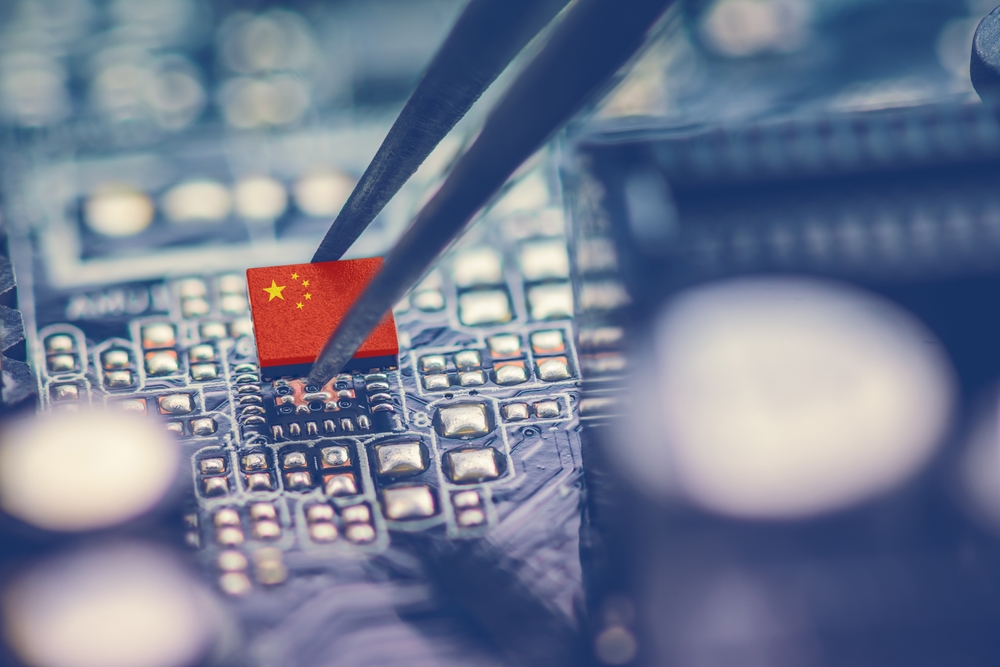China’s Cyberspace Administration has approved the first set of generative AI services for public rollout.
This clears the way for companies like Baidu and SenseTime to compete openly with international firms like OpenAI, Google, and Microsoft.
Baidu announced in a post on its official WeChat account that Ernie Bot – its ChatGPT rival – will become available to the public on August 31.
Baidu said, “We are thrilled to share that ERNIE Bot is now fully open to the general public starting August 31.” The company’s shares rose by 4.8% in Hong Kong.
“This is a positive surprise to the Street and a key milestone to ERNIE Bot,” Jefferies analyst Thomas Chong wrote. “It can be further upgraded on user feedback and strengthens its competitive moat.”
SenseTime’s shares also rose by 7.3%, with the company confirming it had gained government approval.
Other companies, including three startups – Baichuan Intelligence, Zhipu AI, and MiniMax – also confirmed their approval.
The Chinese Academy of Sciences has also won the government’s approval for its Zidong TaiChu model, touted to be the “world’s first multi-modal AI model with hundreds of billions of parameters.”
The mode can allegedly work with multiple data types seamlessly, including video, sound, and audio, though little is known about it and how well it works.
China is accelerating in the AI race
The approval comes just weeks after the Chinese government implemented new regulations on AI.
In June, Xi Jinping spoke of AI, “We must be prepared for worst-case and extreme scenarios, and be ready to withstand the major test of high winds, choppy waters, and even dangerous storms.”
Specifically, the Chinese government forbids AI companies from releasing AI tools to the public until they’ve been scrutinized by the Cyberspace Administration.
The Chinese AI industry, which has invested billions in competing with established players like Microsoft and Google, sees this as a significant milestone.
China has been ramping up investment in Nvidia chips despite trade restrictions and Nvidia’s downgrading of AI chips destined for China to deliberately keep them generations behind the US.
While China relies heavily on imported AI hardware, it plans to become more self-sufficient by nurturing domestic semiconductor production.





